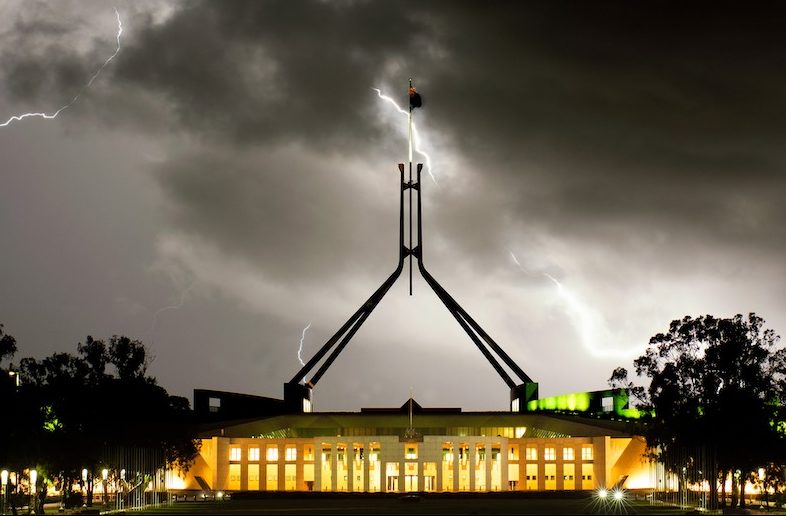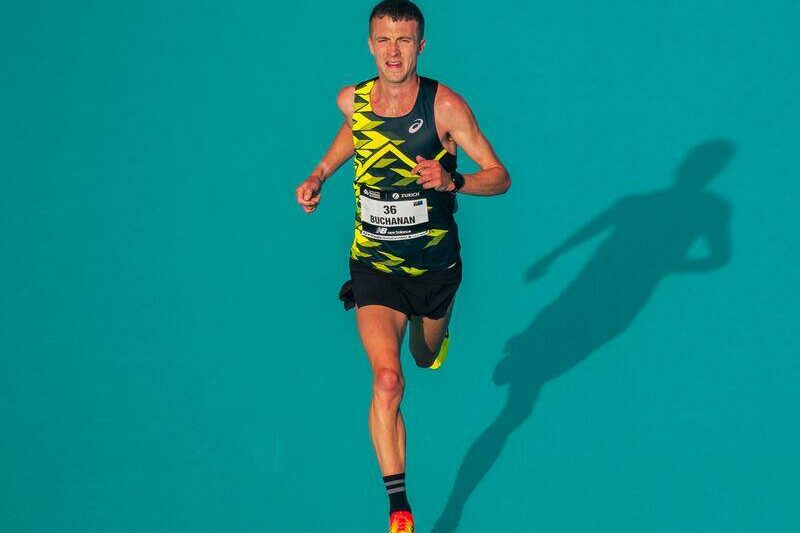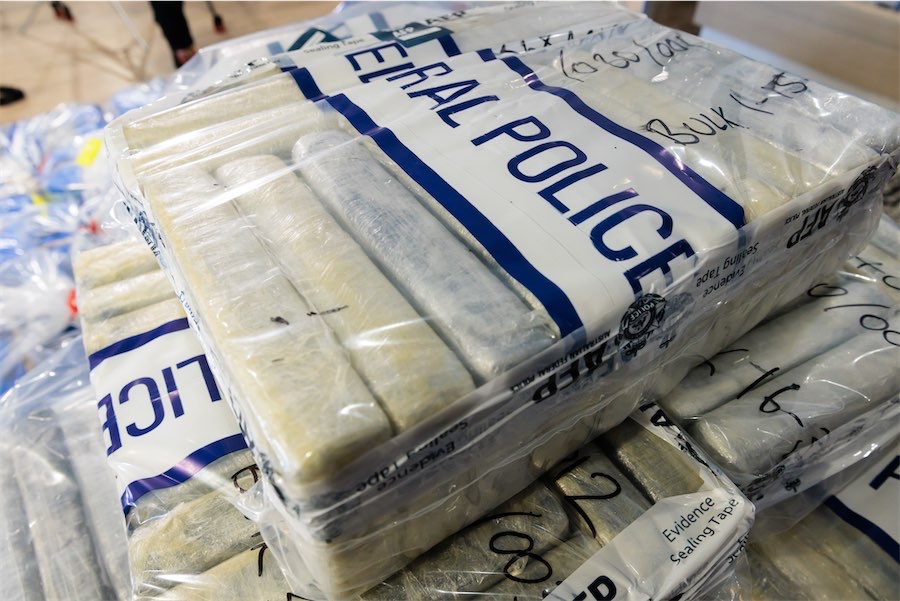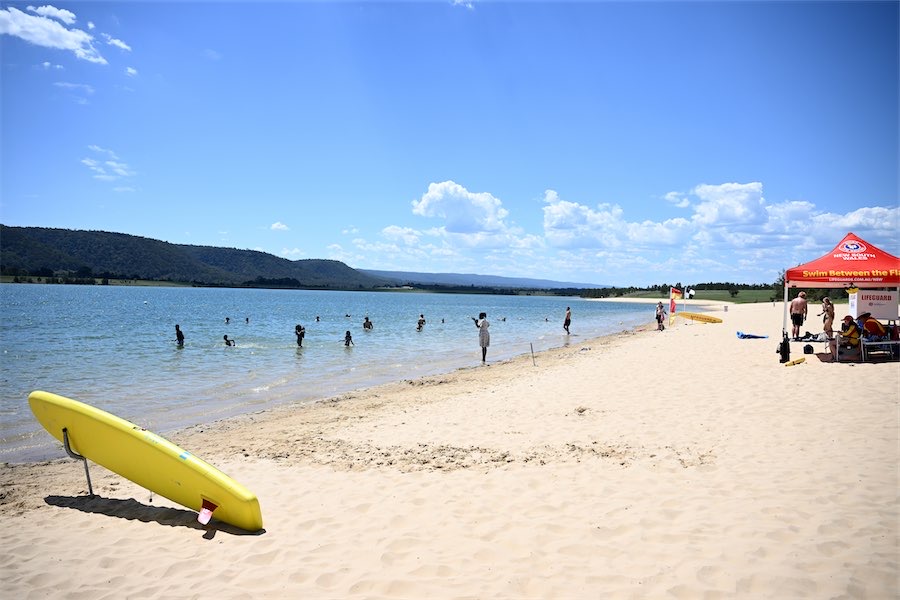
It is critical for Australia to stick by its commitment to a global climate pact, an expert says, as the climate wars between the two major parties threaten a return.
The Paris climate agreement, which Australia and 195 other parties adopted in 2015, aims to limit global temperature rises to 1.5C and below 2C.
To achieve the former, greenhouse gas emissions must peak before 2025 at the latest and decline 43 per cent by 2030, although the agreement only requires that signatories increase their emissions targets every five years and not water them down.
There are no legal penalties under the voluntary agreement if a nation does not meet its target, and it allows nations to set their own climate goals.
The opposition’s questioning of whether the government’s interim target can be achieved has reawakened memories of the climate wars that dominated Australian politics in recent years.
Opposition Leader Peter Dutton says the coalition remains committed to the Paris agreement, even as he plans to scrap the Labor government’s 2030 target to cut emissions by 43 per cent if he wins power.
“It’s very clear that we have absolute commitment to Paris and commitment for net-zero by 2050 – it’s important,” he told reporters in Sydney on Tuesday.
“(But) it doesn’t need to be linear.
“We’re not going to send the economy into free-fall.”
He did not outline the opposition’s specific targets for 2030 and said he would “make those decisions when we’re in government”.
But Professor Brendan Mackey, director of Griffith University’s Climate Action Beacon, says Australia cannot afford to wait.
“Actions we take now, or fail to take, will really determine the level of climate risks,” he told AAP.
“It’s absolutely critical that every country sticks to its commitments under the Paris agreement.”
The coalition is still working on its energy policy, which is expected to include plans for nuclear energy plants on the sites of old coal-fired power stations.
A CSIRO report released in May showed a nuclear power plant would cost at least $8.5 billion and might not be completed until beyond 2040 because of infrastructure, security and safely hurdles.
Without a clear plan outside of nuclear power, the opposition’s blueprint could leave Australia with 16 years of “unmitigated emissions”, Prof Mackey said.
“To wait until 2040-plus is, quite frankly, irresponsible,” he said.
Prime Minister Anthony Albanese rebuffed opposition claims that Australia had “no chance” of meeting its 2030 emissions reductions targets, citing projections released by the Climate Change Authority in December.
Those forecasts showed Australia was on track for a 42 per cent reduction in emissions, and subsequent policies such as production tax credits for critical minerals would make up for the remaining one per cent needed to meet the target, he said.
Prof Mackey agreed the government’s target was “very achievable” as private corporations and entire sectors had committed themselves to decarbonisation, while the government was incentivising clean energy infrastructure.
Renewable energy’s contribution to Australia’s electricity grid has already increased to 32 per cent in 2022 from about 11 per cent a decade earlier.
Mr Albanese said Mr Dutton’s approach would amount to an abandonment of the Paris agreement and would chase away investment in new industries and jobs.
“It’s an abandonment of the opportunities that are there for Australia to benefit from climate change action with new growth in new jobs and new industries,” he said.
“Peter Dutton is afraid of the future and therefore he cannot seize the opportunities which are there.”
Greens leader Adam Bandt says both major parties’ policies will not limit global heating.
“This confected debate … hides the fact that both of them want to keep opening more coal and gas, and neither of them will do enough to stop runaway global warming,” he said.
Who can be trusted?
In a world of spin and confusion, there’s never been a more important time to support independent journalism in Canberra.
If you trust our work online and want to enforce the power of independent voices, I invite you to make a small contribution.
Every dollar of support is invested back into our journalism to help keep citynews.com.au strong and free.
Thank you,
Ian Meikle, editor





Leave a Reply